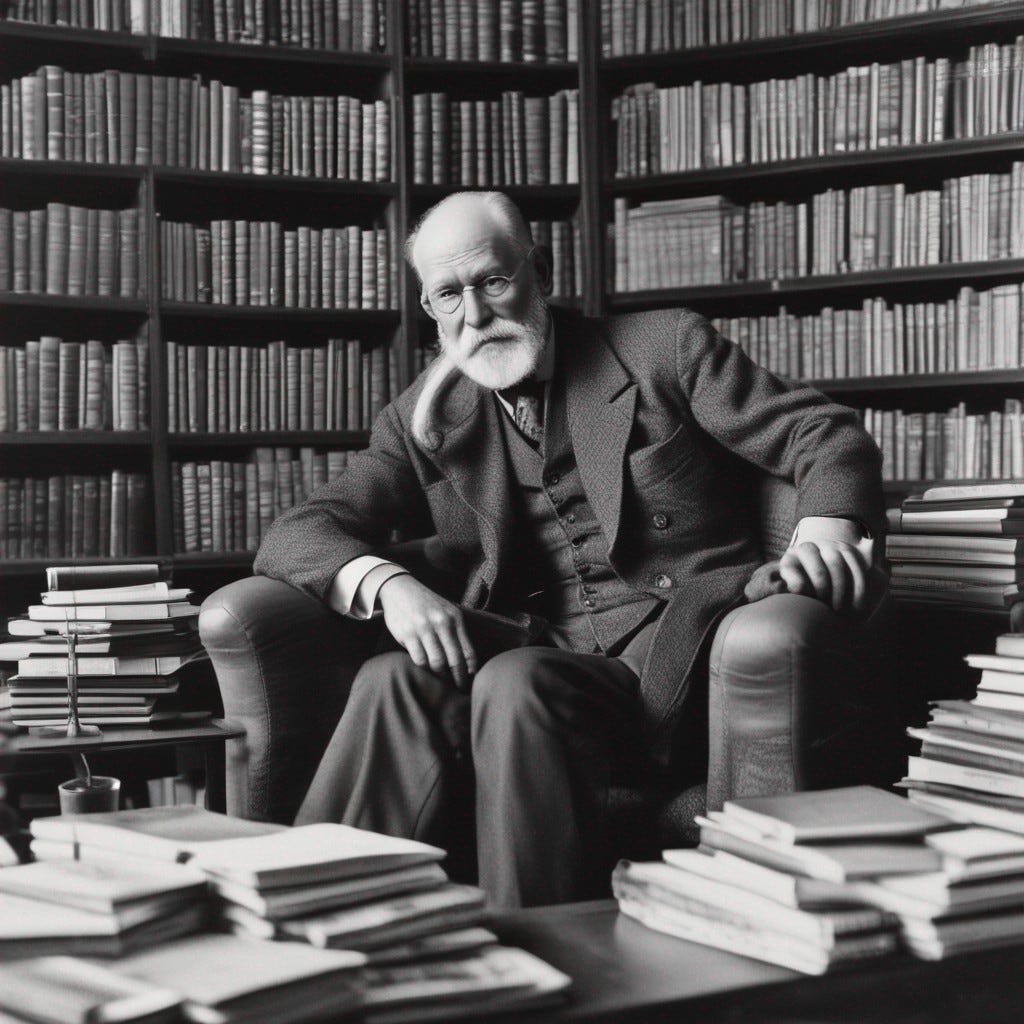My post graduate colleagues and I spent years in a cycle analytic Institute studying Freud and other great psycho analyst. Ultimately, we graduated after years of training which included undergoing our own psychoanalysis. Whether psychoanalysis works or not, is less the issue today than it was back then. Through this book what we come to understand is that Freud was a great architect of the human mind in that he was very successful. This book by Tallis demonstrates how Freud continues have a great influence on art music, medical science neurology, and Moore. It is clear he is not to be dismissed. But also shows the real man with his weaknesses, his arrogance, and his many emotional conflicts. To me, he remains a great hero..
Essay on the book Mortal Secrets
by Frank Tallis”
Frank Tallis’ “Mortal Secrets” is a richly crafted exploration of the life of Sigmund Freud, going beyond the conventional focus on his groundbreaking theories. It delves deeply into the personal life of one of the most influential figures in psychology, offering a more intimate portrayal of Freud, not just as a thinker, but as a man living in the complex socio-political world of Vienna in the late nineteenth and early twentieth centuries. Tallis masterfully interweaves historical facts, personal details, and intellectual insights, allowing readers to see the human side of Freud that is often overshadowed by his monumental academic contributions.
Freud’s professional achievements are well-documented, but “Mortal Secrets” invites the reader to reflect on the nuances of his personal struggles, desires, and relationships. Tallis does not shy away from showing the psychological father’s vulnerability. Freud’s complex relationships with family members, his lifelong friendships, and his professional tensions with colleagues reveal a man whose personal life was marked by challenges. His role as a husband and father, for example, is explored with empathy, highlighting his deep connection with his wife, Martha, and their children, while also showing how his career ambitions often created emotional distance in his household.
Additionally, Freud’s experiences as a Jew living in a culturally vibrant but increasingly hostile Vienna are portrayed in the book as integral to understanding his motivations and anxieties. Tallis writes about Freud’s struggle with anti-Semitism and his need to establish himself within an intellectual elite that was often suspicious of his Jewish identity. The book paints a picture of a man who was not only wrestling with the mysteries of the human psyche but also confronting the societal forces that shaped his worldview.
One of the most fascinating aspects of the book is its focus on Freud’s friendships, particularly his relationship with Wilhelm Fliess, a Berlin physician who shared his ideas about psychoanalysis. Their personal and professional bond is shown to be full of intellectual excitement but also fraught with tensions. Tallis reveals how this friendship profoundly influenced Freud’s thinking, but also how its eventual breakdown left a lasting emotional scar on Freud. This aspect of Freud’s life demonstrates the fragility of even the most brilliant minds when it comes to personal relationships.
Another dimension of “Mortal Secrets” is its exploration of Freud’s declining health, particularly in his later years when he was suffering from cancer. Tallis’ portrayal of Freud during this period shows a man battling not just physical pain but also the inevitable decline of his body, while still remaining intellectually active. Freud’s persistence in continuing his work despite his deteriorating health adds a poignant layer to the narrative, underscoring his unwavering dedication to his ideas.
Overall, “Mortal Secrets” provides a holistic view of Sigmund Freud. It is not merely a biography of a great thinker but a narrative of a man whose personal life was as intricate and enigmatic as the theories he developed. Tallis captures the essence of Freud’s humanity, illustrating how his inner world and personal experiences shaped the pioneering ideas that continue to influence psychology and culture to this day. Through vivid storytelling and thoughtful analysis, the book invites readers to reconsider the figure of Freud as more than just the father of psychoanalysis, but as a man shaped by love, conflict, ambition, and loss.




